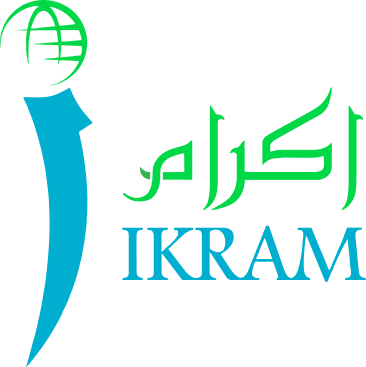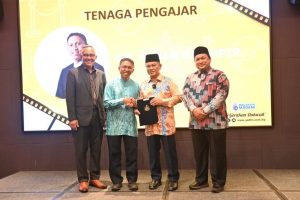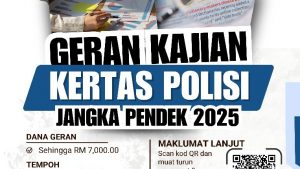Last week’s revelation by a UN envoy that Malaysia severely under-reports poverty is quite damning, yet not surprising. Anecdotal evidences on poverty incidents are aplenty and many feel the pinch due to the high cost of living. There are also reports on urban poverty, as well the case of children malnutrition.
A more representative measure of poverty is the Multidimensional Poverty Index (MPI) as it attempts to measure living standards, health and education. The MPI has been around for quite sometime, refined over the years and used globally. Malaysia will be quite late if she decides to adopt it, but it is better late than never.
Additionally, there should be more work done to address the issue of inequality. In the recent past, there have been conflicting views about the official figure published on Malaysia’s Gini coefficient, a measure of inequality (be it on income or wealth). Efforts to categorize households according to income levels (T20, M40 and B40) should be lauded but more efforts are required to address the issue on the reliability and accuracy of measurement, as well as transparency of data.
Beyond poverty and inequality, Malaysia must also look at other measures that could be as important (or even more important) for the wellbeing of society as a whole. While politicians and policymakers should strive to make people happy, emphasis should also be given so that people eat healthy food and practice healthy lifestyle. There are certainly other dimensions too, and any policy change or new policy must be based on real data or evidence.
MPI and Gini coefficient may be sufficient for comparing poverty and inequality among countries, but additional characteristics that are unique to the wellbeing of Malaysian society must also be looked at. Considering the multiracial nature and other peculiarities defining our society, perhaps one of the most pressing challenges facing Malaysia today is to maintain harmony between various ethnic groups.
On a bigger picture, if we are to progress as a nation, government reform is a continuous must, regardless of who is in power. For that to happen, there must be good leadership on both sides of political divide. But reforms can be quite painful, and thus politically unpopular. To stay in power, politicians might be enticed to employ popular measures that could be detrimental to the wellbeing of our society.
Hopefully, the will of the people will always side on reason and rationality, not mere rhetoric or short-term gains at the expense of other groups, the environment or our future generation. Regardless, it must be expected that the journey to achieve the wellbeing for the people would be a long one, considering the continuous politicking, lacklustre economic performance and various other factors. Thus, we must always urge our politicians and policymakers to put the interest of the people first and avoid costly mistakes.
Mohammad Abdul Hamid*
*The author is a Master of Public Policy graduate from University Malaya, MPhil from the University of Cambridge dan YDP IKRAM Bandar Tun Razak.
Photo credit: The Leaders Online








